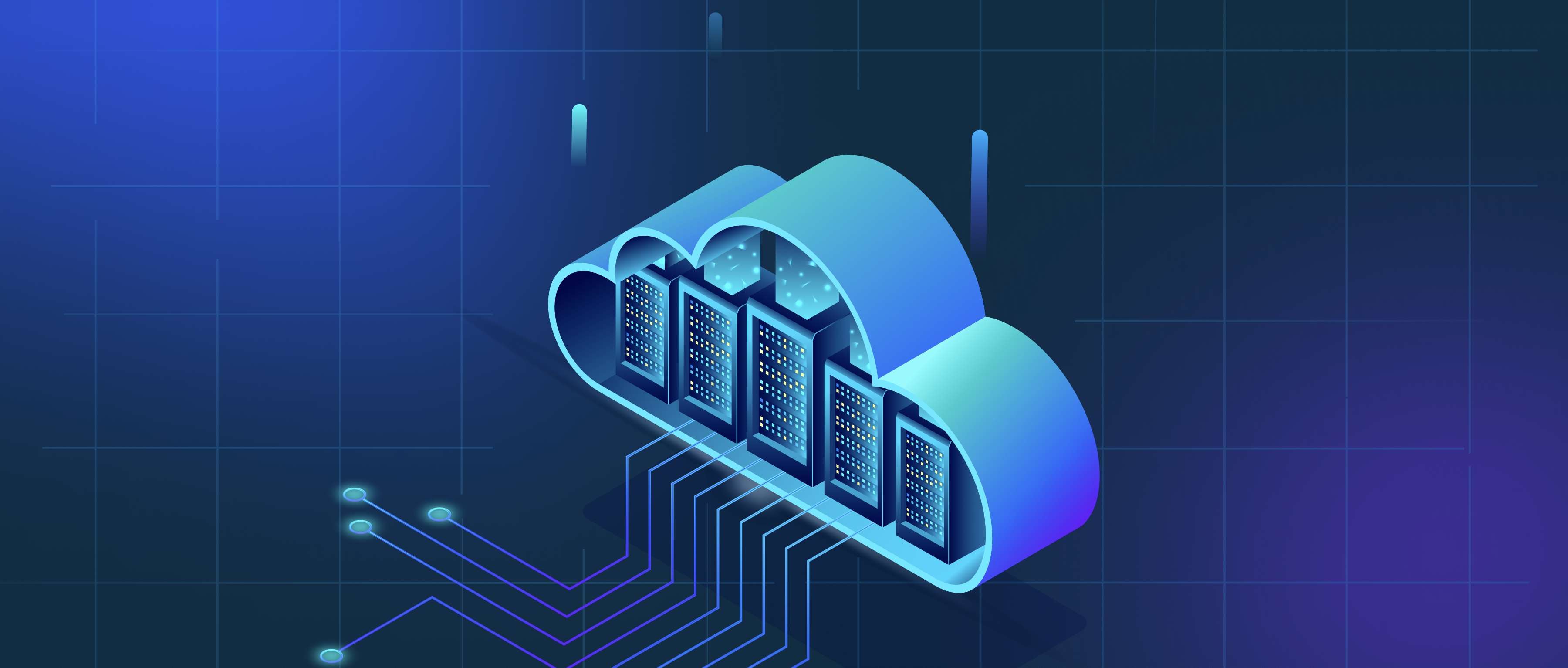Computer vision has transformative potential in healthcare, enabling applications like medical imaging analysis, disease diagnosis, and surgical assistance. It is used in radiology to detect anomalies in X-rays, MRIs, and CT scans with high accuracy, aiding early diagnosis of conditions like cancer or fractures. In pathology, computer vision automates the analysis of tissue samples, identifying patterns that may indicate disease. Surgical robots equipped with vision systems enhance precision during procedures. Additionally, computer vision powers patient monitoring systems, ensuring safety in hospital settings. These advancements improve efficiency, accuracy, and patient outcomes in healthcare.
What role can computer vision play in health care?

- Retrieval Augmented Generation (RAG) 101
- Evaluating Your RAG Applications: Methods and Metrics
- Natural Language Processing (NLP) Advanced Guide
- GenAI Ecosystem
- The Definitive Guide to Building RAG Apps with LangChain
- All learn series →
Recommended AI Learn Series
VectorDB for GenAI Apps
Zilliz Cloud is a managed vector database perfect for building GenAI applications.
Try Zilliz Cloud for FreeKeep Reading
What is the total cost of ownership for embedding infrastructure?
The total cost of ownership (TCO) for embedding infrastructure includes upfront setup, ongoing operational expenses, and
How does swarm intelligence apply to search and rescue?
Swarm intelligence refers to the collective behavior of decentralized and self-organized systems, often seen in nature,
How do multi-agent systems work?
Multi-agent systems (MAS) consist of multiple interacting agents that can act autonomously to achieve specific goals. Ea